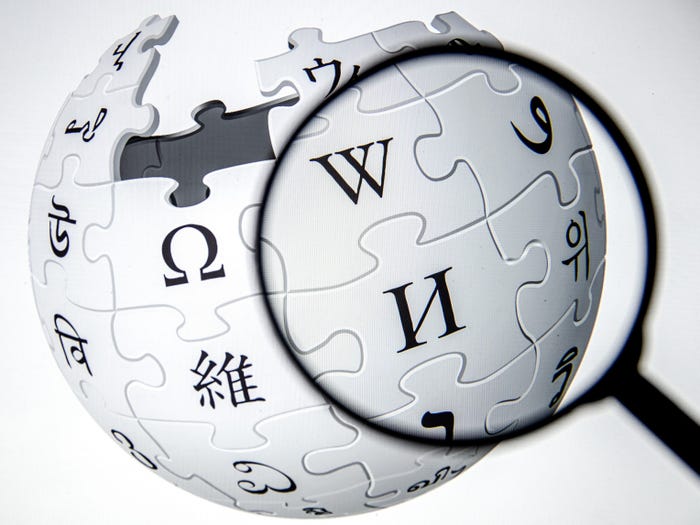Wikipedia remains a subject of great interest in PR and marketing circles. I have written about it before and even included a section on the internet encyclopedia in my book, How to Protect (Or Destroy) Your Reputation Online. The site continues to confound even the most experienced marketers as Wikipedia’s notorious editors work hard (and even neurotically) to avoid being manipulated by marketing people. Wikipedia is both a search engine darling and a status symbol for individuals and companies.
If you would like a personal Wikipedia page or one for your business, here are a few things to remember.
- It’s an encyclopedia so it doesn’t care about promoting you or your business. Wikipedia is meant to serve as an online encyclopedia. Did you ever have Britannica or World Book encyclopedias in your house as a kid? If so, then you know what an encyclopedia is. If not, well, I’m getting old. By definition, an encyclopedia is a reference that is backed by facts. Most Wikipedia editors look to strong online sources to back-up what’s published on the site, and they have an affinity for mainstream news sources, like traditional daily newspapers. Wikipedia doesn’t consider anything written by the subject or published on the subject’s website as a reliable source.
- Anyone can edit it, but… Wikipedia is an open platform so anyone can register on the site and make edits. That’s the good news. The bad news is that Wikipedia’s volunteer editors watch pages very closely and will undo changes that don’t have proper attribution or that they don’t view as significant. Skirmishes between marketing folks and Wikipedia editors occur all the time, and the editors usually win. If you edit a Wikipedia page, my recommendation is that you back up edits with solid citations.
- You have to meet Wikipedia’s definition of notable. The big trick for securing a Wikipedia page is that the subject of the page/article must be ‘notable’ by the site’s definitions. For example, it states that “If a topic has received significant coverage in reliable sources that are independent of the subject, it is presumed to be suitable for a stand-alone article or list.” As referenced earlier, independence is key: “Independent of the subject excludes works produced by the article’s subject or someone affiliated with it. For example, advertising, press releases, autobiographies, and the subject’s website are not considered independent.”
- Images are part of the public domain. Wikipedia requires that all photos used on the site be entered into the public domain, so they are essentially no longer protected by copyright. Once you add your photo to the public domain, anyone can use it for nearly any purpose.
- Be respectful or face its wrath. Wikipedia is a classic internet creation, and the volunteer editors who oversee it are extremely protective. If you try to manipulate the site without regard to the rules, odds are that you and the page you are promoting will be punished – edits made can be reverted, users can be banned, and pages completely removed.
I have worked with many individuals and companies regarding Wikipedia and would be happy to answer any questions you may have — or get a listing.
–John

